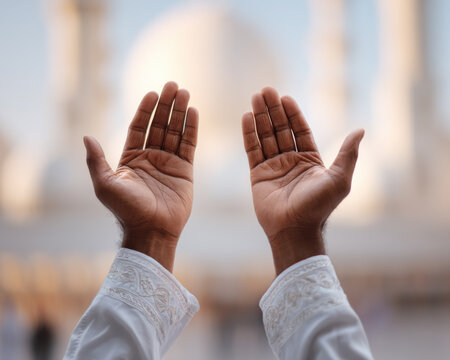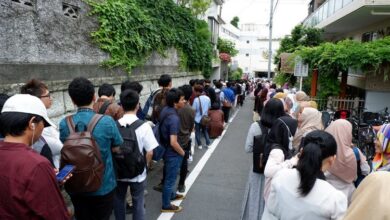
By Ali Syarief
Across cultures, the expression of gratitude takes many beautiful forms, each shaped by a people’s history, beliefs, and worldview. In Indonesia, gratitude often rises in the form of prayer. Words like “Alhamdulillah” (Praise be to God), “Syukur ya Allah” (Thank you, O God), or “Puji Tuhan” (Praise the Lord) flow naturally from the lips of Indonesians when they receive a blessing or are spared from harm. Prayer becomes a sacred gesture—an intimate bridge between the individual and the Divine—an acknowledgment that life’s goodness is not solely of our making, but a gift from a higher power.
In contrast, in Japan, gratitude is deeply rooted in the culture of interpersonal respect. The phrase “arigatou gozaimasu” is more than a polite custom; it is a deliberate and sincere expression of appreciation. From childhood, the Japanese are taught to recognize the efforts of others, no matter how small. Saying “thank you” is not merely about etiquette—it is about acknowledging that our lives are intertwined, and that no success or comfort is ever entirely our own.
Where Indonesians may instinctively turn their gaze upward in a whispered prayer, the Japanese often bow slightly, directing their gratitude toward others around them. This reflects a fundamental cultural orientation: in Indonesia, the vertical relationship between humans and the Divine takes precedence, while in Japan, it is the horizontal relationship between individuals that is foregrounded.
This difference does not suggest that Indonesians neglect human connection, nor that the Japanese lack spiritual awareness. Rather, it reveals how each society has chosen a different primary lens through which to understand and appreciate life. In Indonesia, where religion is woven into the daily fabric of life, every joy and trial is seen as part of God’s will. Meanwhile, in Japan, influenced by Shinto and Buddhist traditions, gratitude becomes a quiet celebration of harmony—between people, nature, and the moment itself.
Yet at the heart of both expressions lies the same noble virtue: humility. Whether through whispered prayer or spoken thanks, both cultures recognize that we are not alone in the world. We depend on others. We depend on something greater than ourselves. Through prayer, Indonesians bow before the unseen source of all blessings. Through “arigatou gozaimasu,” the Japanese honor the seen and present acts of kindness from others.
In a world increasingly interconnected, there is much we can learn from each other. Indonesians might benefit from expressing more gratitude openly toward fellow human beings, not just toward God. And the Japanese might find deeper meaning in embracing spiritual gratitude that transcends the visible. When prayer and thankfulness coexist, both upward and outward, we become more complete—grateful beings, grounded in humility and lifted by grace.



